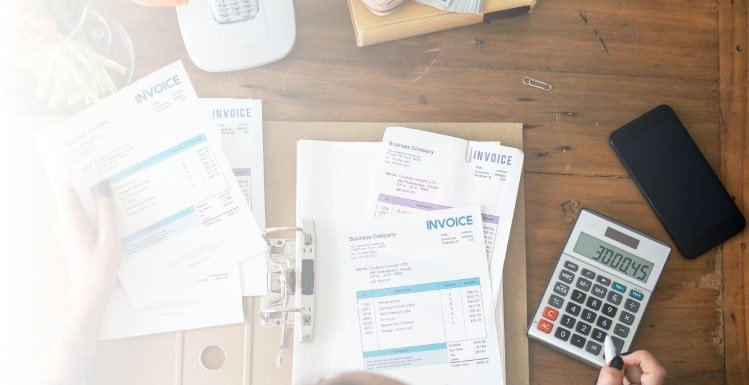

Audit under GST involves examination of records, returns and other documents maintained by a GST registered person. It also ensures correctness of turnover declared, taxes paid, refund claimed, input tax credit availed and assess other such compliances under GST Act to be checked by an authorized expert. GST is a trust-based taxation regime wherein a taxpayer is required to self-assess his tax liability, pay taxes and file returns. Thus, to ensure whether the taxpayer has correctly self -assessed his tax liability a robust audit mechanism is a must. Various measures are taken by the government for proper implementation of GST and audit is one amongst them. We are the best chartered accountants providing Services of GST Audit in Ahmedabad.
The basic purpose of auditing under GST is to make sure that the ITC refunds availed and claimed, taxes paid, and the turnover is in line with the one claimed by the company. An audit under GST involves inspection of records, returns, and documents furnished by your firm. The GST audit is undertaken to evaluate whether the business is run in compliance with the GST guidelines and provisions.
| Types | Performed By | When Initiated |
|---|---|---|
| Turnover based Audit | Chartered Accountant or Cost Accountant appointed by the taxpayer | If the Turnover exceeds 2 crores^ the taxpayer has to get his accounts & records audited |
| Normal audit/General Audit | Commissioner of CGST/SGST or any Officer authorized by him | On order of Commissioner by giving 15 days prior notice |
| Special audit | A Chartered Accountant or Cost Accountant, nominated by Commissioner | A Chartered Accountant or Cost Accountant, nominated by Commissioner |
GST audit helps in detecting errors like short payment or non-payment of tax and failure to comply with the provisions of law. It helps comply with the provisions related to the taxability of goods and services and identifies excess claim over input tax credit (ITC).
Such errors have a huge and sometimes irreversible impact on your business and loss of revenue to the government. GST audit brings out such irregularities and helps ensure compliance with the law.

Our auditors study the effectiveness of internal controls and internal checks established by the management to ensure GST compliance. A review of internal controls applicable to transactions like sales returns, sale on approval basis, and job work is also carried out for their completeness and actual implementation. Our GST auditors also study the adequacy of records maintained under GST and provide their recommendations.
Our GST Auditors verify the GST registration certificate, classification of supplies and services under GST, reverse charge, purchase register, sales register, stock register, expense ledgers, monthly and quarterly returns, and other records maintained by the company as per the requirements of the law.


We cross-check GSTR-3B with GSTR-1 and 2A to ensure that input tax credit has been properly claimed. We also check the arithmetical accuracy of figures and identify mismatch, if any. Based on our findings, we recommend management to make necessary changes.
We check the Sales invoices to ensure that the format of the invoice complies with the law. We then go on to check the arithmetical accuracy of the same and check if the tax rate is correctly charged considering the goods and services supplied.
We also check purchase invoices for their eligibility for input tax credit (ITC) and verify if the total of such ITC matches with the amount of credit claimed in the GST return.


Our GST auditors check if the input tax credit is reversed if the invoice under review has remained unpaid for more than 180 days.
We check if the e-way bill is generated for each supply having value more than Rs. 50,000 and supplies made via motorised vehicles. They also check if the e-way bill matches the invoice.
